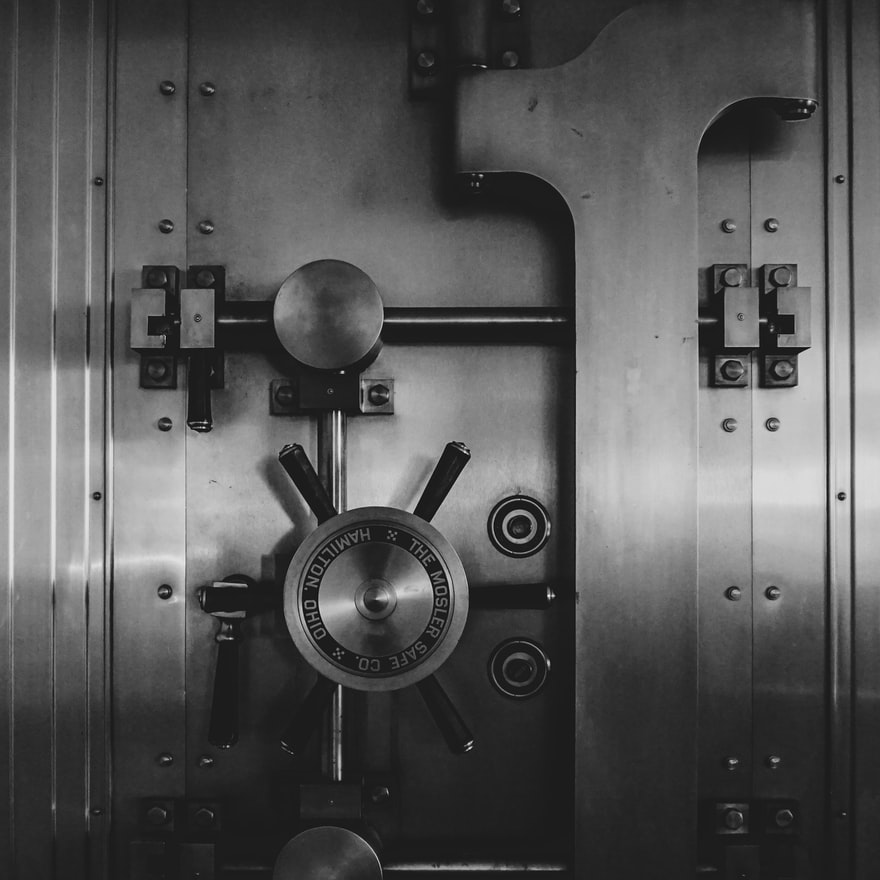
Stephen R. Covey’s classic – “The 7 Habits of Highly Effective People” has been quite a revolutionary read for me. The book wasn’t necessarily revolutionary in terms of content, as many of the concepts in this book are quite self-evident and ingrained in human behaviour. What makes this book revolutionary, however, were how the ideas of this book were organised and packaged as a whole – with one such concept titled “the emotional bank account”.
Banks are a universal concept for all, in which it is banks that singlehandedly uphold the finance industry. Throughout our lives, we make deposits and withdrawals, in which it may be a natural inclination for us to achieve a large positive balance at the end of our life rather than a negative one.
Covey argues that there is not only the financial bank that exists – (you may be thinking of a riverbank, but that’s not what he was going for) but an emotional bank account. With any life that we encounter, comes along with it an emotional bank account. The moment of first interacting with that person, whether be it the traditional greeting of saying hello, talking online through messaging apps, or even ‘knowing about’ another person through various social media activities – leads to an initial opening and the first transaction of the account. Past this point, continual transactions occur with the person, in the form of deposits and withdrawals.
Just like how deposits in a real bank lead to a more positive balance, deposits in the emotional bank account leads to greater trust between each other. On the other hand, withdrawals push the account towards a negative balance, resulting in greater distrust. Dissimilar from real life, however, deposits in the emotional bank account are much smaller in magnitude than withdrawals. In real life, trust requires many years to build. Yet, one blunder in a friendship may be all that is required to bankrupt the account, severing the companionship. Hence, friendships with a large positive balance should be cherished due to the time and effort invested. These friendships contain a harvest of communication that is easy, effective, and clear.
This then begs the question – how are we to ensure that we only have deposits rather than withdrawals? By living a life of integrity, and trying to ask for forgiveness when we do recognise that we have made a withdrawal in the friendship. A life of integrity is a life of transparency, having nothing to uncover. The next logical step, to maximise the emotional bank account of others is to have deliberate deposits. This can be in the form of fulfilling catch-ups such as one on one’s, giving a gift, or simply being there for others.
Imagine a world in which everyone had positive emotional bank accounts with others around them. How much easier would communication and teamwork be? Because of the human condition, this is but a utopic dream. However, we should at least try.

Leave a Reply